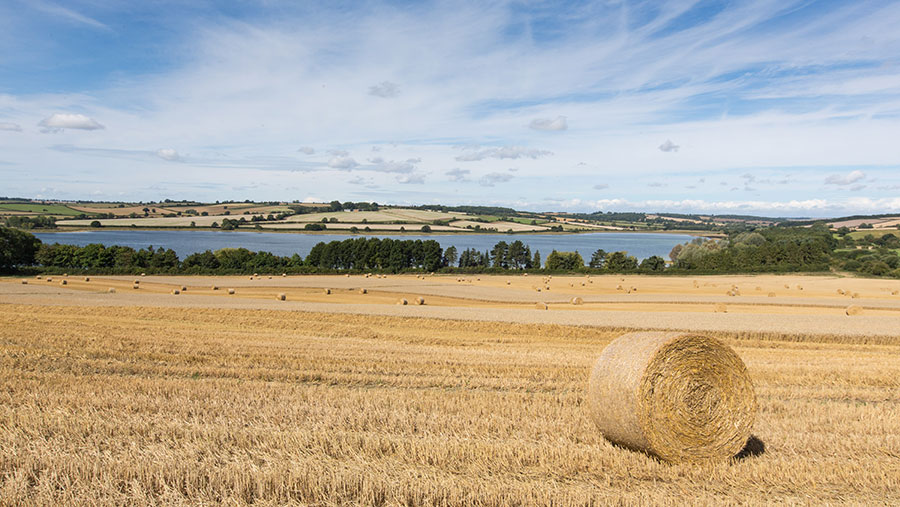Grant scheme offers NI farmers much-needed chance to invest
 © Tim Scrivener
© Tim Scrivener A £40m capital grant scheme in Northern Ireland, which opens for business on Monday (31 October), is a great opportunity for farmers to fund investments they know are needed, but have struggled to afford because of poor returns, say farm leaders.
Ulster Farmers Union deputy president Ivor Ferguson said he was keen for farmers to use the Farm Business Improvement Scheme (FBIS) to fund much-needed improvements to their farm businesses.
“The future for all businesses depends on investing to make them as efficient as possible and the FBIS will encourage this,” said Mr Ferguson.
See also: Capital grants set to help NI farmers with farm upgrades
“We are pleased that our lobbying has ensured that fencing is included in the programme. This is something our members repeatedly told us they needed and we raised this with the department.”
The grants will cover 40% of all eligible costs and will operate at two levels. Tier 1 is primarily aimed at the purchase of equipment and machinery, and is for projects valued at between £5,000 and £30,000.
Tier 2 is designed to drive investments over £30,000, such as construction projects and the purchase of higher value equipment, with a maximum grant of £250,000 available.
Mr Ferguson said the union would be monitoring how the scheme was rolled out, as it was vital that it was practical and workable.
“We are keen that both tiers should be implemented in ways that minimise red tape, although we do recognise that with the level of public funding available for Tier 2 more paperwork will be required,” he said.
Eligible and ineligible
Tier 1 will be based on a pre-selected list of items eligible for grant funding, while Tier 2 applicants will propose their projects via a business plan.
Items on the Tier 1 list will be reference priced so that farmers know the maximum amount of grant allowable on each item.
Retrospective payments cannot be made and no purchases can be made, or projects started, until a letter of offer is received.
Standard agricultural equipment like tractors, trailers and quad bikes will not be funded, nor will general purpose, machinery storage and workshop buildings, or renewable energy projects.
Some slurry storage applications will be considered – although not if the application is to increase capacity to the legal minimum of 22 weeks of slurry storage capacity.
